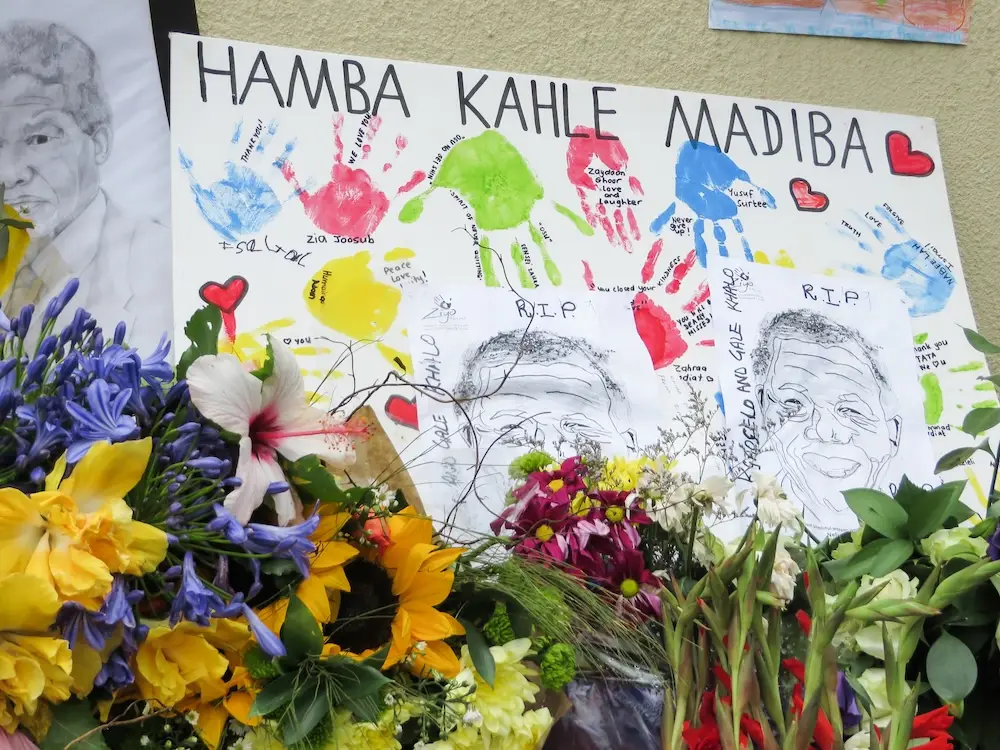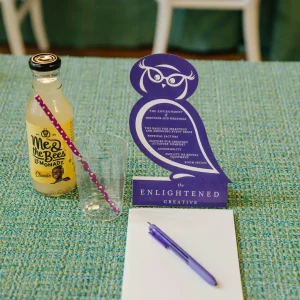
During Nelson Mandela’s memorial service on December 10, 2013, a man named Thamsanqa Jantjie stood on stage and purported to interpret the proceedings into sign language. However, it was later discovered that he was a fake interpreter. Jantjie’s hand gestures were described by experts as meaningless and not representative of South African Sign Language or any other sign language.
The South African government later issued an apology for the incident and promised to investigate how Jantjie was hired. I can only imagine how horrible this had to be for the event planner of this event! There are several valuable lessons that event planners can take away from this incident.
-
Rigorous Vetting Processes. Ensure that all individuals hired for specialized roles, such as interpreters, have the necessary qualifications and certifications. Thoroughly verify their credentials and previous work experience.
-
Collaboration with Reputable Organizations.Work with reputable and recognized organizations or agencies when hiring professionals, especially for critical roles like sign language interpreters. These organizations can help ensure that the hired personnel are qualified and trustworthy.
-
Importance of Inclusivity. Recognize the importance of providing accurate and professional services for all attendees, including those with disabilities. This demonstrates respect and inclusivity, enhancing the overall reputation of the event.
-
Contingency Planning. Develop contingency plans for unforeseen issues. This includes having backup personnel or solutions in place to address problems that may arise during the event.
-
Mental Health Awareness. Be aware of the mental health status of staff and contractors. Ensure that they have the necessary support and are fit to perform their duties, especially in high-pressure situations.
-
Clear Communication and Apologies. In case of a mishap, communicate transparently and issue a sincere apology if necessary. Address the situation promptly to mitigate damage to the event’s reputation.
-
Attention to Detail. Pay attention to all aspects of the event, no matter how small. The success of an event often hinges on the execution of minor details, and overlooking these can lead to significant issues.
-
Feedback and Continuous Improvement. After the event, seek feedback from attendees and staff to understand what went well and what could be improved. Use this information to enhance future events.
By incorporating these lessons, event planners can better manage risks, ensure the quality and professionalism of their events, and create a more inclusive and respectful environment for all participants.
Love and Soul Always, Kawania
Photo: Shutterstock








